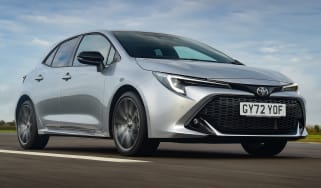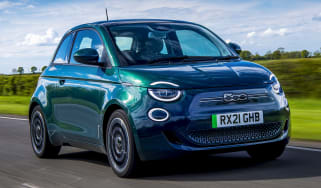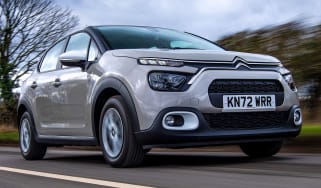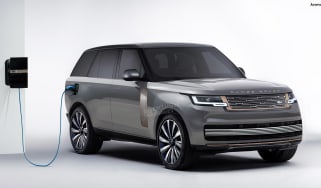Best company cars 2024
We round up the finest company cars across three price bands
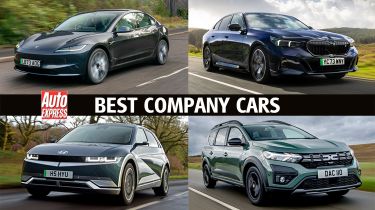
The company car market has seen lots of change over the past few years, especially with the onset of electrification. The Government is pushing motorists to reduce their carbon footprint, and rewarding business users for going green with more favourable company car tax rates on electric and plug-in hybrid cars.
As more electrified vehicles hit the market, it’s important to know exactly what you’ll pay as a business user. That’s why we’re bringing you our best company car picks from three price brackets, and, given their tax benefits and rapidly increasing battery range, you’ll find plenty of EVs in our rundown.
Of course, this doesn’t mean combustion-powered cars should be ignored, because optimisations for efficiency mean that many new models still make great company cars. It’s just that they no longer sit in such appealing tax bands as they used to.
Plug-in hybrids also benefit from tax rule changes, with BiK rates here based on a sliding scale that depends on how many miles a PHEV can cover on electricity, assuming they emit between 1-50g/km CO2. These range from two per cent if the car can cover more than 130 miles on a charge, to 14 per cent if the car offers fewer than 30 miles of zero-emission range.
What is BiK and what will it cost me?
A company car is classed as a fringe benefit by the Government, so it incurs Benefit-in-Kind (BiK) taxation. Therefore, what you pay is based on a percentage of the car’s P11D value, which is its price including options, VAT and delivery charges, but not its registration fee or road tax. The BiK percentage you pay is determined by the car’s CO2 emissions, with its output falling into bands that are then linked to a percentage.
Depending on whether you pay Income Tax at the lower or higher rate — we’ve focused on 20 and 40 per cent Income Tax brackets here — the annual Benefit-in-Kind bill is then calculated at either this 20 or 40 per cent rate of the resultant figure.
As you’ll see from our lists, rule changes over the past few years mean that fully electric cars in particular are big BiK-busters, but plug-in hybrid models also receive favourable rates.
Time to go electric?
As a company car, an electric vehicle never used to be an obvious choice. They were held back by short range estimates and limited model choices, but now electric cars have become much more viable, offering greater ranges on a full charge in all sectors of the market, as well as faster recharging.
As any car that’s rated at 0g/km CO2 — which is every EV on sale today — only attracts a two per cent Benefit-in-Kind tax rate, many of the best company cars on the market now come with a plug.


